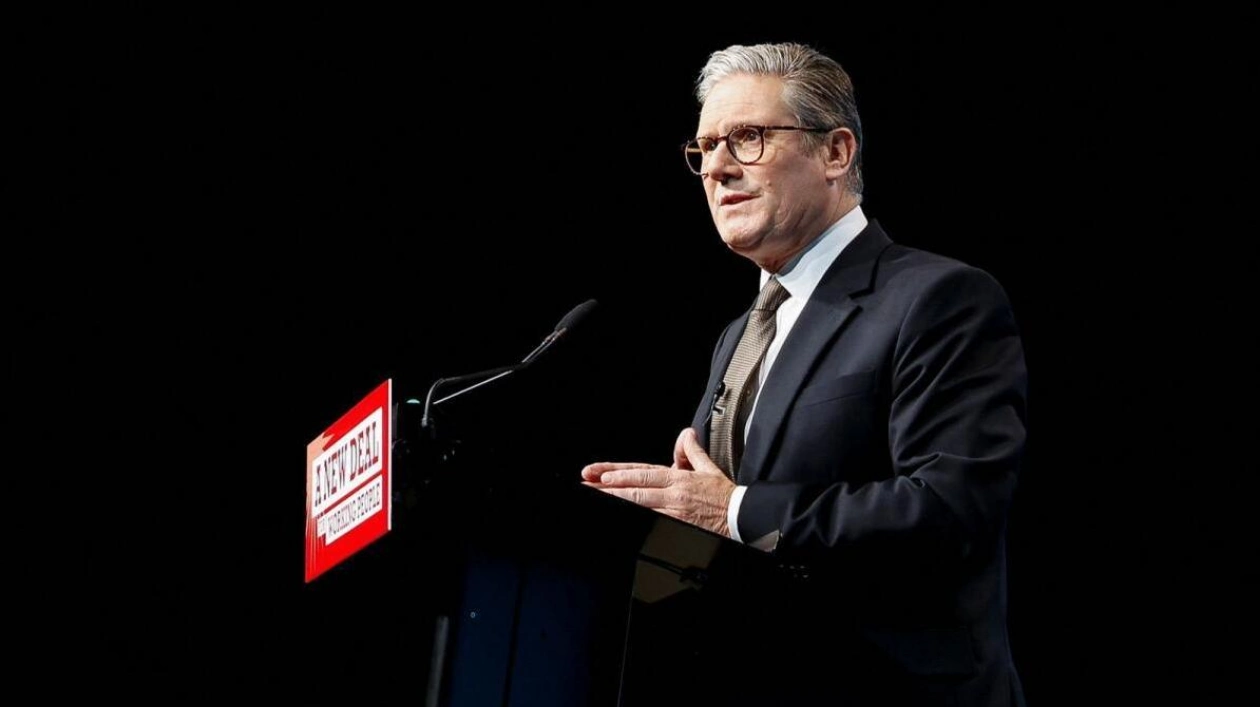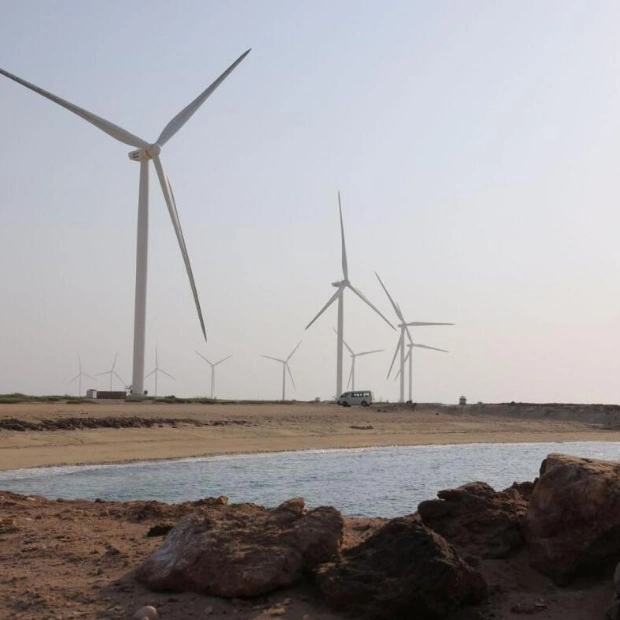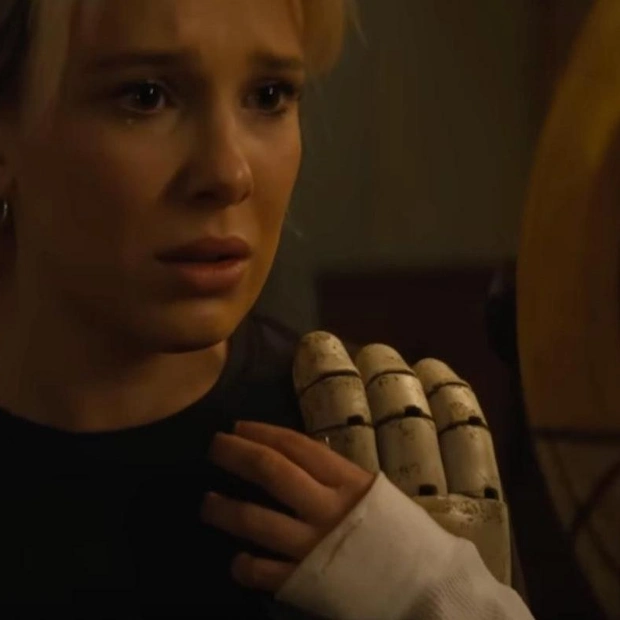British Prime Minister Keir Starmer informed trade unions on Tuesday that he would need to make unpopular public spending decisions, just hours before he faces a crucial parliamentary vote on his plan to reduce fuel payments for certain elderly individuals. Starmer might encounter the most significant rebellion since his two-month premiership, as some Labour Party lawmakers have voiced concerns similar to those of trade unions and opposition parties regarding the decision to cut assistance for some older people with energy bills.
In a speech to the Trades Union Congress (TUC), Starmer assured delegates that he was prepared to take measures such as repealing anti-strike laws and abolishing zero-hour contracts to support workers. However, he emphasized that they would need to accept limitations on public spending. Starmer stated that the previous Conservative government had left him with a £22 billion ($29 billion) deficit, compelling him to make tough decisions. This claim is contested by the Conservatives, who are now in opposition.
"The bill for this performance is now due. And I’m afraid if we don't take action – it's a cheque that will bounce," Starmer told union leaders. "I do have to make clear, from a place of respect, that this government will not jeopardize its mandate for economic stability, under any circumstances."
Elected in a landslide victory in July with a promise to rebuild Britain, Starmer has recently hinted at the possibility of tax increases and spending cuts to address the multitude of issues he attributes to 14 years of Conservative mismanagement. Labour has strong ties to unions, which established the center-left party over a century ago to represent workers.
However, tensions between Labour and some of the larger unions surfaced over his plan to eliminate £1.5 billion in winter fuel payments for the elderly. Sharon Graham, the general secretary of the Unite union, accused the government of "picking the pocket of pensioners."
In his speech, Starmer urged unions and businesses to collaborate and accept compromises to aid the government in rebuilding the economy. He stated that the notion that unions and businesses were always at odds was an "outdated trope." "I make no apologies to those, still stuck in the 1980s, who believe that unions and business can only stand at odds, leaving working people stuck in the middle," he said.






